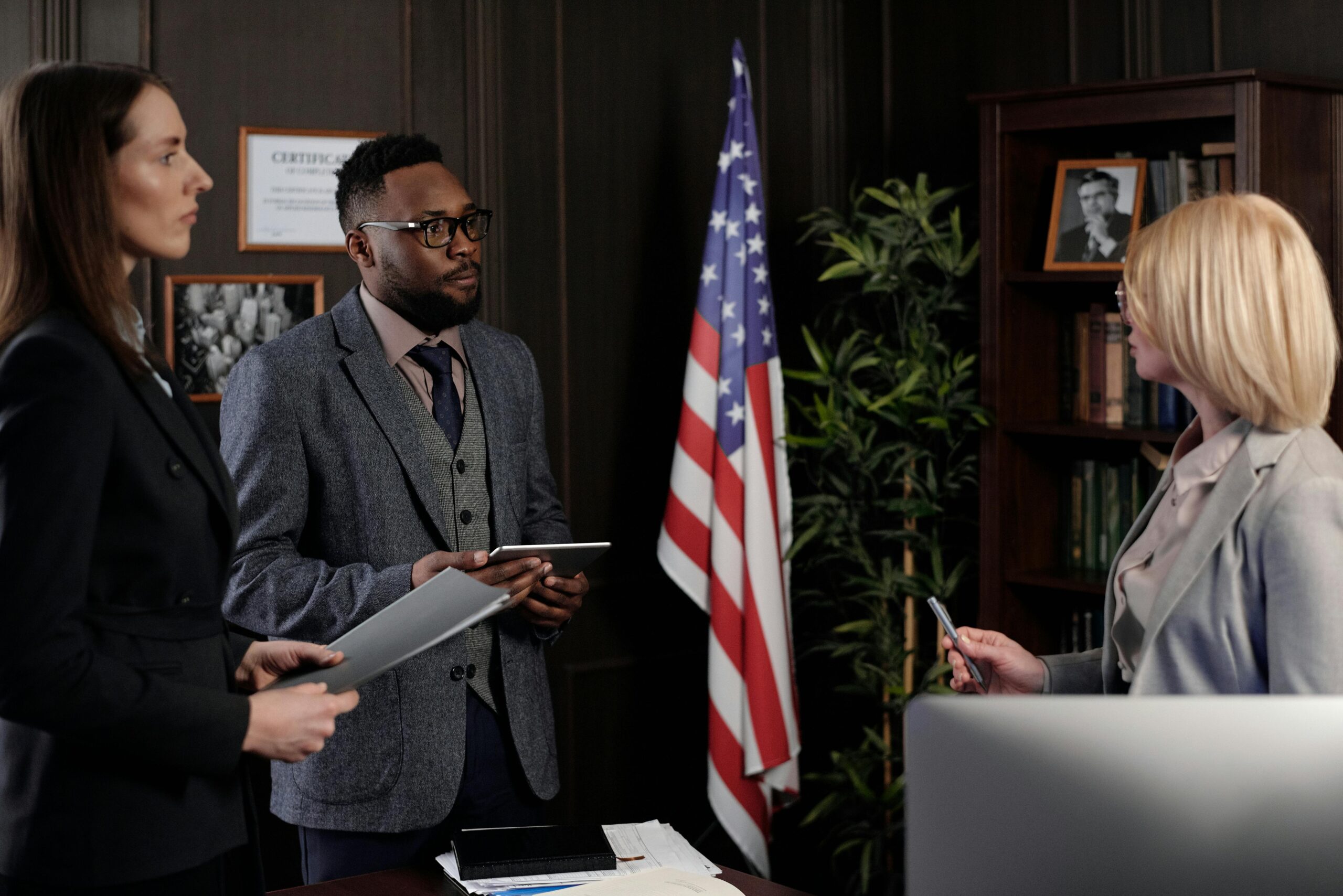In the realm of criminal defense, particularly for drug trafficking charges, the stakes are exceptionally high. The expertise and strategies employed by defense lawyers are crucial in navigating these complex legal waters. Criminal defense lawyer for drug trafficking from trusted firms like Patituce & Associates use a variety of sophisticated tactics to build a strong defense for their clients. Here’s a closer look at the strategies that are central to their defense approach.
Examining the Legality of the Evidence Collection
One of the first lines of defense involves a thorough examination of how evidence was collected. Defense lawyers scrutinize the search and seizure process to ensure it complies with constitutional rights. Any evidence obtained through unlawful searches or without proper warrants may be challenged and potentially excluded from the case.
This approach not only focuses on protecting the defendant’s rights but also on weakening the prosecution’s case by removing key pieces of evidence. Defense lawyers meticulously review police reports, witness statements, and surveillance footage to identify any procedural errors or rights violations.
Challenging the Credibility of Informants
Informants often play a critical role in drug trafficking cases. Defense lawyers actively challenge these informants’ credibility, especially if their testimony is central to the prosecution’s case. This may involve highlighting the informant’s motives for cooperating with law enforcement, such as leniency in their own legal troubles, which could cast doubt on their testimony.
Additionally, defense attorneys might question the reliability and past conduct of informants, bringing to light any factors that might lead jurors to question their credibility. This strategy aims to undermine the prosecution’s evidence and bolster the defendant’s case.
Arguing Entrapment
In some drug trafficking cases, defense lawyers may argue that their client was entrapped by law enforcement officials. This defense contends that the defendant was induced to commit a crime they would not have otherwise engaged in. Demonstrating entrapment requires showing that law enforcement created the intention to commit the crime in an otherwise unwilling person’s mind.
This strategy involves a careful analysis of law enforcement tactics and interactions with the defendant, seeking evidence that the defendant’s will was overborne by the actions of government agents.
Negotiating Plea Agreements
When appropriate, negotiating plea agreements is a strategic option for reducing the severity of the charges or the potential sentence. Defense lawyers assess the strengths and weaknesses of the case to advise their clients on the best course of action. Plea negotiations require a nuanced understanding of the law, the evidence, and the prosecutor’s likely position.
By skillfully negotiating, defense attorneys can secure more favorable outcomes for their clients, such as reduced charges, alternative sentencing, or probation instead of prison time. This strategy is particularly valuable when the evidence against the defendant is strong, providing an avenue for mitigating the consequences.
Utilizing Expert Witnesses
Expert witnesses can provide critical testimony in drug trafficking cases. Defense lawyers may call upon forensic scientists, chemists, or other experts to challenge the prosecution’s evidence regarding the substances involved, the quantity, or the intent to distribute.
Experts can offer alternative interpretations of the evidence, question the methods used in the forensic analysis, or provide context that shifts jurors’ understanding of the case. This strategic use of expert testimony can be pivotal in casting doubt on the prosecution’s claims.
Presenting Alternative Theories
A comprehensive defense strategy often involves presenting alternative theories of the case that point away from the defendant’s guilt. This could involve suggesting other individuals had motive and opportunity, challenging the prosecution’s timeline, or providing alibi evidence.
These alternative theories can be supported by witness testimony, physical evidence, or inconsistencies in the prosecution’s narrative. The aim is to introduce reasonable doubt in the minds of the jurors regarding the defendant’s involvement in the alleged crime.
Continuous Client Support
Beyond courtroom strategies, criminal defense lawyers cases provide continuous support to their clients, guiding them through the legal process, advising on rights and options, and ensuring their well-being. This holistic approach not only aids in the legal defense but also helps the defendant navigate the personal and emotional challenges of facing serious charges.
Defense lawyers in drug trafficking cases employ a multi-faceted strategy that includes challenging evidence collection, questioning informants, arguing entrapment, negotiating plea deals, utilizing expert witnesses, presenting alternative theories, and providing continuous support to their clients. These strategies are tailored to each case’s specifics, with the ultimate goal of securing the best possible outcome for the defendant. The expertise and dedication of a criminal defense lawyer are indispensable in these high-stakes situations, offering a beacon of hope and a robust defense for those accused.

